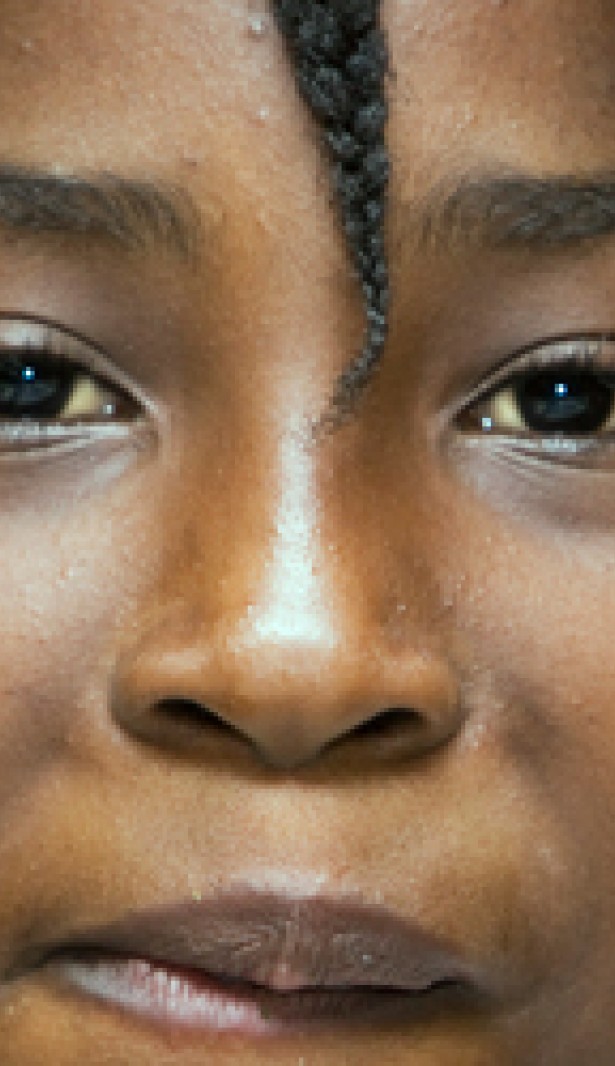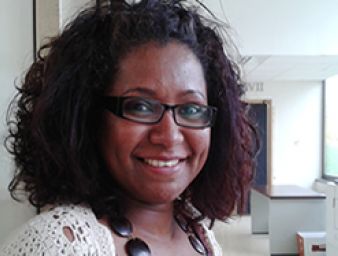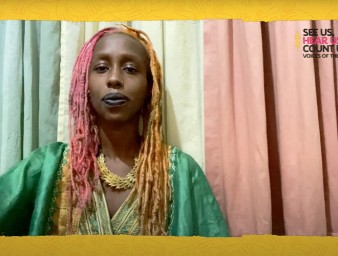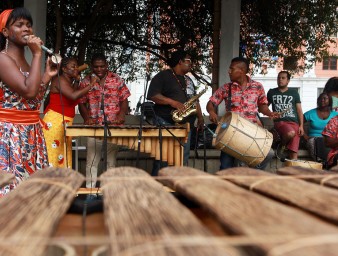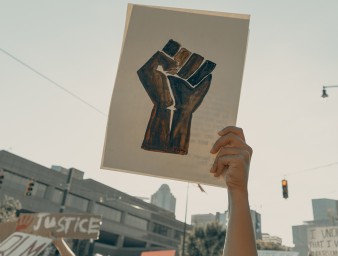Human rights of women and girls of African descent: achievements and triumphs
09 March 2018
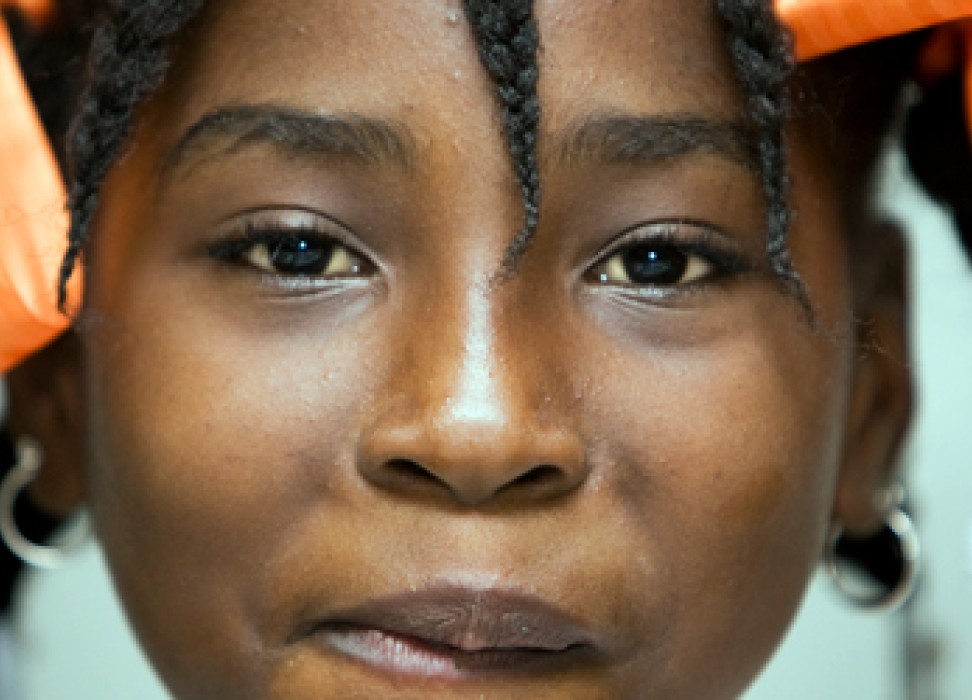
In Latin America, poverty rates are high for women, but even higher for women of African descent; in the USA, 37 percent of households head by African-American woman live below the poverty line; and First Nations Canadian and Afro-Canadian women and girls have less opportunity for education and academic achievements.
These were some of the findings of a booklet called Women and girls of African descent: human rights achievements and challenges. The publication, by the UN Human Rights Office and the UN Department of Public Information, is based on the UN Secretary-General’s report on the implementation of the International Decade for People of African Descent to the UN General Assembly last year. It contains analysis of the findings of human rights mechanisms and illustrates the realities of discrimination against women and girls of African descent.
When it comes to experiencing human rights, women and girls of African descent often face obstacles that are as much based on their race and ethnicity as it is their gender.
“We have gathered here to recall, honor and celebrate the achievements of women and girls of African descent, said UN Deputy High Commissioner for Human Rights Kate Gilmore. “For in the face of entrenched discrimination, still women and girls of African descent rise; in their uniqueness, talent and through their resilience, despite barrier, opposition and exclusion, they have made and are making indelible marks on science, development, sport, law, family, arts, politics and through activism.”
Gilmore made her speech during the launch of the booklet in the UN Library on International Women’s Day. In addition to statics on challenges facing women and girls of African descent, the booklet provides an overview on the enjoyment of human rights by women and girls of African descent, drawing from work by international human rights mechanisms, as well as information provided by key stakeholders to a survey from the UN Human Rights office.
Along with the challenges, live the achievements. The booklet points out that some countries have integrated protective measures for people of African descent into laws and constitutions, have adopted national action plans to combat racial discrimination and have launched awareness campaigns to combat prejudice against people of African descent.
Among the activities undertaken by OHCHR in the context of the International Decade, the OHCHR’s fellowship programme for people of African descent was launched. It prioritizes women leaders of African descent providing them with a learning opportunity to deepen their understanding of the United Nations human rights system and instruments.
The booklet sets out recommendations that if followed, would help to “eat away at the legacy of centuries of structural race and sex discrimination,” Gilmore said.
“The Decade for People of African Descent together with the 2030 Agenda for Sustainable Development give us the essential ingredients of a significant opportunity to robustly transform laws that will tangibly and materially better respect, protect and fulfil the rights of millions of women and girls of African descent,” she said.
You can download “”Women and girls of African descent: human rights achievements and challenges” here.9 March 2018
